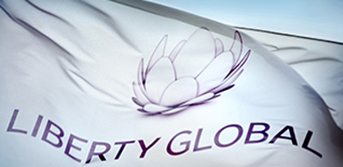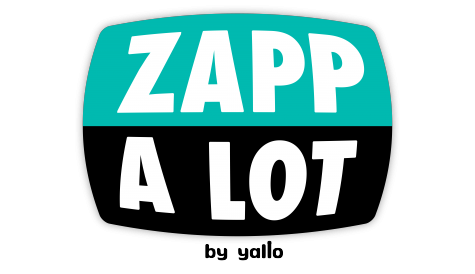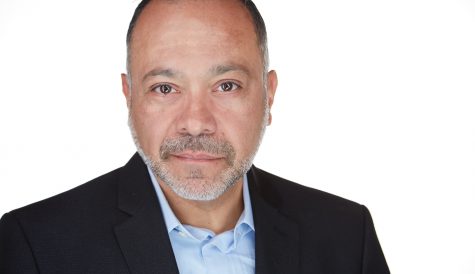
After more than 40 years of operation, DTVE is closing its doors and our website will no longer be updated daily. Thank you for all of your support.
Cable in play: Liberty Global in Germany and Switzerland
 Switzerland’s competition regulator this week launched an in-depth probe into Liberty Global’s proposed sale of its local operation to alternative telco Sunrise Communications, the latest fly in the ointment of Liberty’s plans to divest much of its business in Europe.
Switzerland’s competition regulator this week launched an in-depth probe into Liberty Global’s proposed sale of its local operation to alternative telco Sunrise Communications, the latest fly in the ointment of Liberty’s plans to divest much of its business in Europe.
Swiss regulator COMCO now has four months to complete its phase II probe after an initial investigation concluded that the combination of Sunrise with UPC Switzerland could create or reinforce a dominant position in different markets. The regulator said that it was concerned that the merger of the pair could have an anti-competitive impact on the supply of retransmission rights for sports events for pay TV and on the broadband access market.
Liberty is already facing potential regulatory hurdles in the case of the planned sale of its German operation, Unitymedia, to Vodafone Deutschland, with the deadline for an EC regulatory decision now pushed back to mid-July.
Vodafone last month struck a cable wholesale agreement with Telefónica Deutschland and made a commitment to make sufficient capacity available for the distribution of OTT TV servicesin a move designed to secure EC approval of the deal. However, those concessions were roundly dismissed by German critics of the sale, with commercial broadcaster association Vaunet slamming Vodafone’s moves to secure EC regulatory approval as missing the point.
Vaunet said that that the opening up of broadband access was “already enshrined” in the country’s telecommunication law while the maintenance of net neutrality “must be self-evident”. It maintained that a combined Vodafone and Unitymedia would enable the telecom operator to dictate commercial terms to pay and free TV providers regarding not only carriage fees but exclusive distribution windows and DVB-C broadcast capacity.
The deal has also attracted the wrath of commercial broadcastersafraid of a quasi-monopoly in TV distribution, as well as, predictably the opposition of Deutsche Telekom.
While commercial broadcasters and smaller operators may have some genuine concerns, it is hard on the whole to see how regulators could justify stopping either the Swiss or German deals on the grounds that they threaten to diminish competition in the broadband and TV markets.
In Germany, there are some concerns related to the grip of cable on the housing association market, but most of these should be remediable.
On the other hand, for the likes of Swisscom, an ultra-strong incumbent in its home market, and Deutsche Telekom to complain about the anti-competitive threat posed by the emergence of a second strong national competitor seems self-serving, to say the least.
The argument in Germany that the joining together of the country’s two leading cable players would slow down the country’s fibre build-out has some truth to it, but only because cable already has a network that it can use to deliver ultra-fast services without the need to dig up the country’s streets to lay new infrastructure.
More importantly, the case for strong, consolidated, infrastructure-based competition to national incumbents has never been stronger. I chaired the CTO panel at ANGA COM earlier this week, which featured a range of operators including Vodafone Deutschland’s Gerhard Mack and Sunrise’s Elmar Grasser. The latter in particular was keen to make the point that consolidation of service providers within national markets is a sine qua nonin terms of driving digital development and enabling governments to meet their digital economy objectives. The alternative, he suggested, was that Europe would rapidly fall behind faster, more nimble APAC countries.
Infrastructure-based competitors to national telcos in Europe are typically cable operators and it is undeniable that they have been held back to some extent – certainly in Germany – by regulatory resistance to consolidation of what historically has been seen as a utility service.
Mobile operators such as Vodafone and Sunrise have for some time been looking to consolidate cable as a way to enable them to compete head on with incumbents. With battle-lines now forming around 5G, there is even more to play for, as making 5G work will above all require a strong terrestrial network. Enabling cable consolidation is, on the whole, more likely to spur competition rather than to stymie it.


